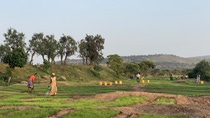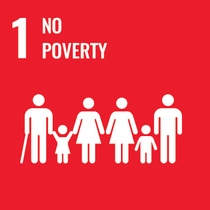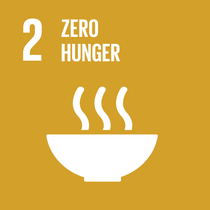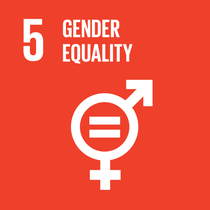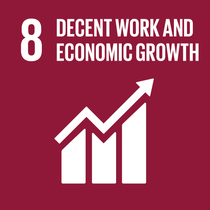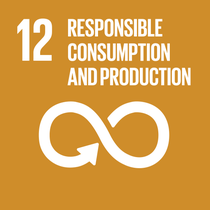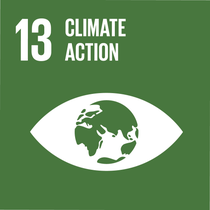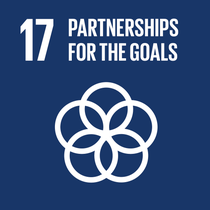20
field days held
Agriculture
Onion production in the Minjar region of Ethiopia only happens once a year during the rainy season and by using local varieties with lower productivity. The smallholder farmers currently use open-pollinated variety seeds which offer inconsistent results and low productivity. Furthermore, they raise the young plants themselves, which is challenging due to lack of water in the dry season. There is currently no production beyond rain-fed production, allowing only one annual cycle. For 8 months of the year the land remains idle and rural communities remain jobless and without income.
Especially smallholder farmers face daily challenges often due to a lack of know-how about optimal cultivation practices, management of plant disease and pests as well as insufficient equipment.
Our goal is to enable seedling growers to commercialize onion seedlings year-round and local farmers to generate multiple harvests using innovative technology, foster climate change mitigation and resilience, and establish a business model rooted in community partnership and job creation, whereby smallholder farmers buy seedlings from smallholder growers.
BASF’s vegetable seeds business, operating in the market under the Nunhems® brand, runs a vegetable seeds production site in this area and has already implemented an open field hand-pollinated hybrid seed production scheme around it through local partner companies employing smallholder farmers. Building on this, in 2021 a project was launched to enable microentrepreneurs to commercialize onion seedlings year-round to local farmers who can then generate more and more abundant harvests.
We introduced improved hybrid onion varieties to local farmers and began demonstrating their performance in tandem with several innovations, such as drip irrigation and tunnel nurseries for plant raising. Product stewardship is also ensured through the provision of personal protective equipment (PPE) and safe use and Good Agricultural Practice (GAP) training. Additionally, as part of the project, a youth association of seedling growers was established; circularity in seedling raising is promoted as irrigation water coming from BASF’s farm wastewater treatment plant is provided to them.
Complementary to the project are various efforts to promote the community’s climate resilience, including the installation of gabions for erosion control of sloping areas and reforestation of marginal areas.
20
field days held
23
growers in the youth association
100
Farmers trained
70
· growers benefitted from rehabilitation of the community water pond
80
lead farmers received seed samples for testing in both rainfed and irrigated systems
Through increased and more stable production year-round, we support higher income.
We support Ethiopian smallholder farmers in rural areas to grow more quality food more reliably by introducing improved varieties and drip irrigation technology.
A third of participating smallholders are female (including all the previously laid-off female construction workers).
Job creation for unemployed youth, which was previously employed during the construction of the new Ethiopia site but would be laid off once construction comes to and end.
Reduced water consumption by drip irrigation technology and by recycling wastewater.
Use of photovoltaic water pumps instead of diesel-fueled ones.
BASF (Nunhems), Nunhems seed distributors, young growers’ association, smallholder farmers, large onion retailers.
